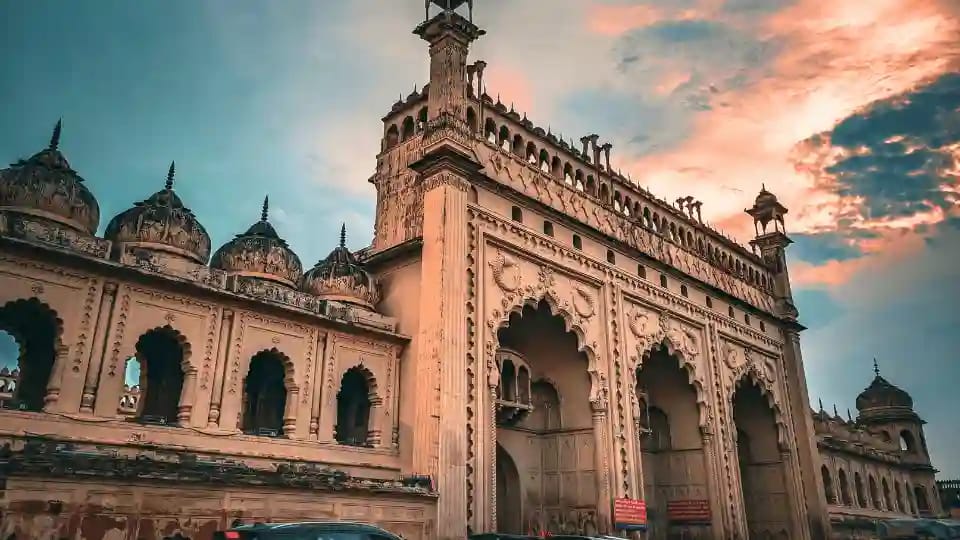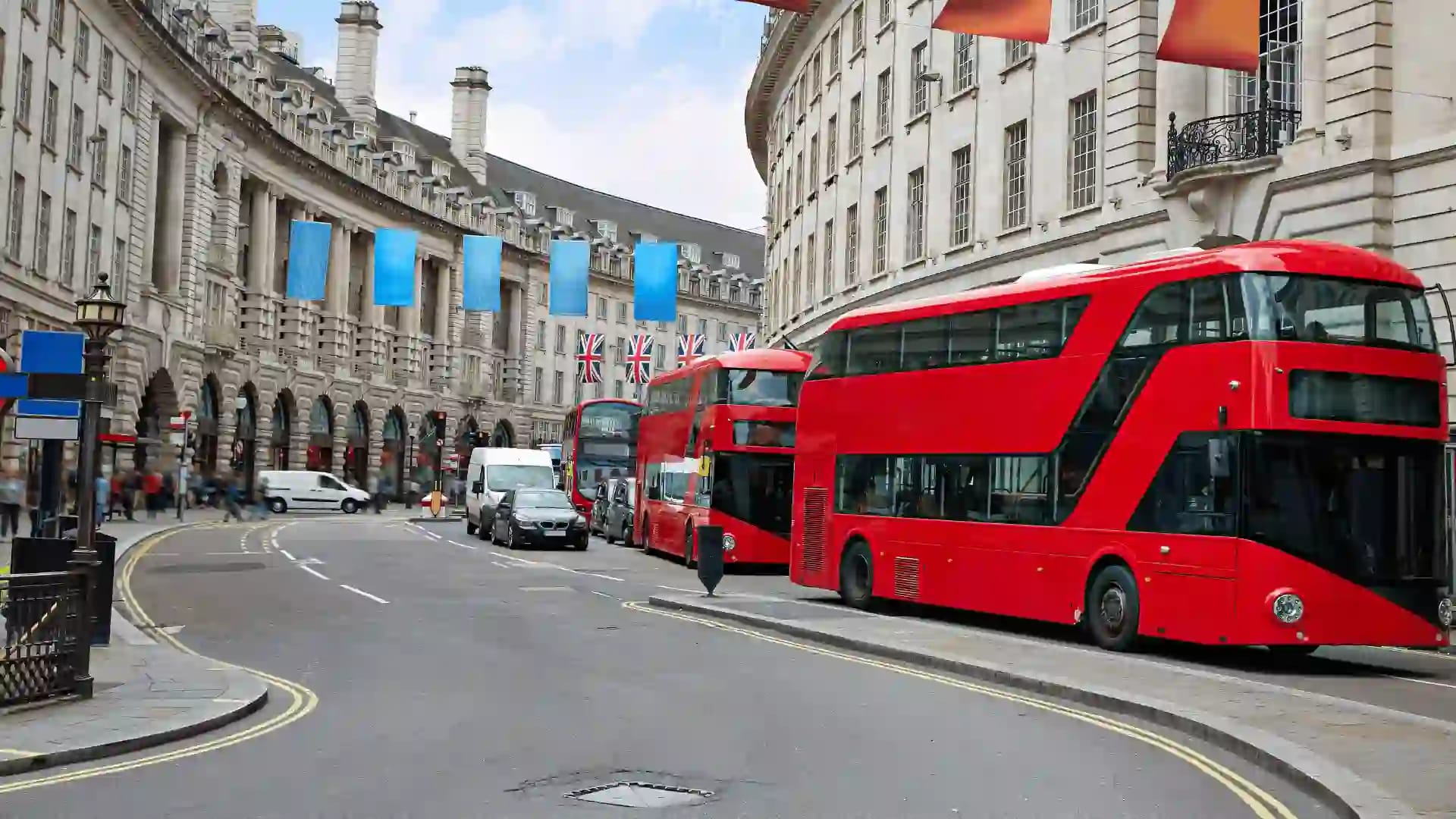Trump’s $100,000 H-1B Visa Shock: Still Says “America Needs Foreign Talent”
President Trump Admits the U.S. Can’t Fill High-Skill Jobs Without Global Professionals
In a recent Fox News interview, President Donald Trump made a surprising admission: despite his administration’s tougher immigration stance, America still needs skilled foreign workers to sustain its economy and advanced industries.
Trump’s comments came when host Laura Ingraham asked about the future of the H-1B visa program, which allows U.S. companies to hire highly skilled professionals from other countries.
“You do have to bring in talent,” Trump said. When Ingraham argued that “America already has plenty of talented people,” he firmly replied:
“No. You don’t have certain talents. You can’t take people off the unemployment line and put them in a factory to make missiles. It doesn’t work that way.”
$100,000 H-1B Visa Fee Draws Industry Backlash
Earlier this year, the Trump administration introduced a $100,000 visa application fee for employers filing H-1B petitions — a move that shocked the technology and manufacturing industries.
The U.S. Chamber of Commerce quickly filed a lawsuit, arguing that the rule could cripple innovation, delay hiring, and discourage foreign investment.
Despite widespread criticism, Trump defended the policy, saying it would help filter out companies that depend too heavily on low-cost foreign labor.
However, industry leaders warn that these restrictions might push top global talent to destinations like Canada, the United Kingdom, and Europe, where immigration policies are more welcoming.
Diplomatic Fallout After the Georgia Plant Raid
The administration’s aggressive enforcement approach has already sparked diplomatic tensions.
In Georgia, federal agents raided a Hyundai–LG Energy battery plant, detaining over 300 South Korean workers accused of visa violations.
Trump justified the action, highlighting the difficulty of replacing such specialized labor.
“These are people who make batteries all their lives,” he said. “It’s dangerous work. You can’t take someone who hasn’t worked in years and expect them to do that overnight.”
Following the incident, Secretary of State Marco Rubio reassured South Korea that the U.S. remains open to investment — signaling an attempt to balance law enforcement with diplomacy.
Trump’s Second-Term H-1B Strategy: Restrict, But Retain Talent
Since returning to office, Trump’s immigration strategy has focused on “quality over quantity.”
While keeping the overall H-1B visa cap unchanged, his administration has introduced tighter eligibility rules and increased oversight.
Key policy changes include:
- Narrowing the definition of “specialty occupation”
- Raising minimum salary thresholds for foreign hires
- Increasing petition reviews and extending processing times
The White House claims these steps ensure that only top-tier professionals qualify for H-1B visas.
However, employers and universities argue that the new system creates uncertainty, discourages international students, and slows down recruitment for critical roles in science, engineering, and technology.
America’s Innovation vs. Immigration Dilemma
Trump’s remarks reveal a key contradiction in U.S. policy: while aiming to protect American jobs, the country still relies on international talent for its most advanced industries — from defense and semiconductors to clean energy and AI-driven manufacturing.
“Our goal is to bring in people who truly move America forward,” Trump said. “We want quality — not just quantity.”
As the U.S. tightens immigration control, experts warn that innovation and competitiveness could decline unless America remains attractive to world-class professionals.
Expert Insight: The Balance Between Protection and Progress
Immigration experts at XIPHIAS Immigration say the administration’s challenge lies in maintaining both economic protection and global openness.
“The U.S. cannot grow its technology and defense industries in isolation,” said Varun Singh, Managing Director of XIPHIAS Immigration. “Skilled immigration is not a threat — it’s an advantage. The real challenge is to balance national priorities with innovation needs.”
Plan Your U.S. Skilled Immigration Pathway with Expert Guidance
If you’re a skilled professional exploring opportunities in the United States, Canada, or Europe, expert immigration support can simplify your visa journey and long-term planning.
Visit XIPHIAS Immigration to understand H-1B visa requirements, alternative skilled migration routes, and post-visa settlement options.
Schedule your free consultation today and take the first step toward your global career expansion.
By XIPHIAS Immigration
Last Updated: Nov 12, 2025, 11:45:00 AM IST



